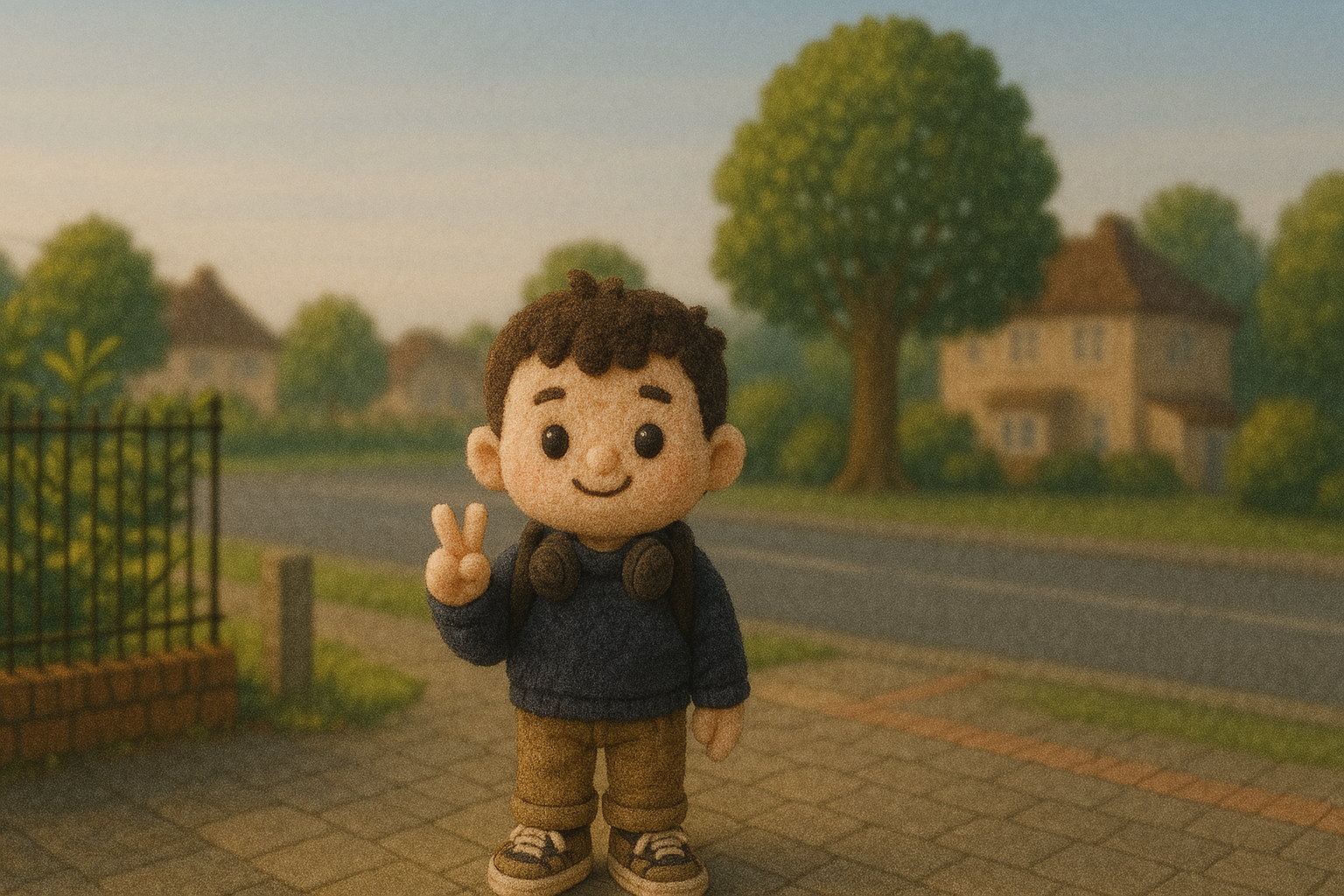7 things that attract mosquitoes to your yard
Here’s why mosquitoes will make a home of your yard
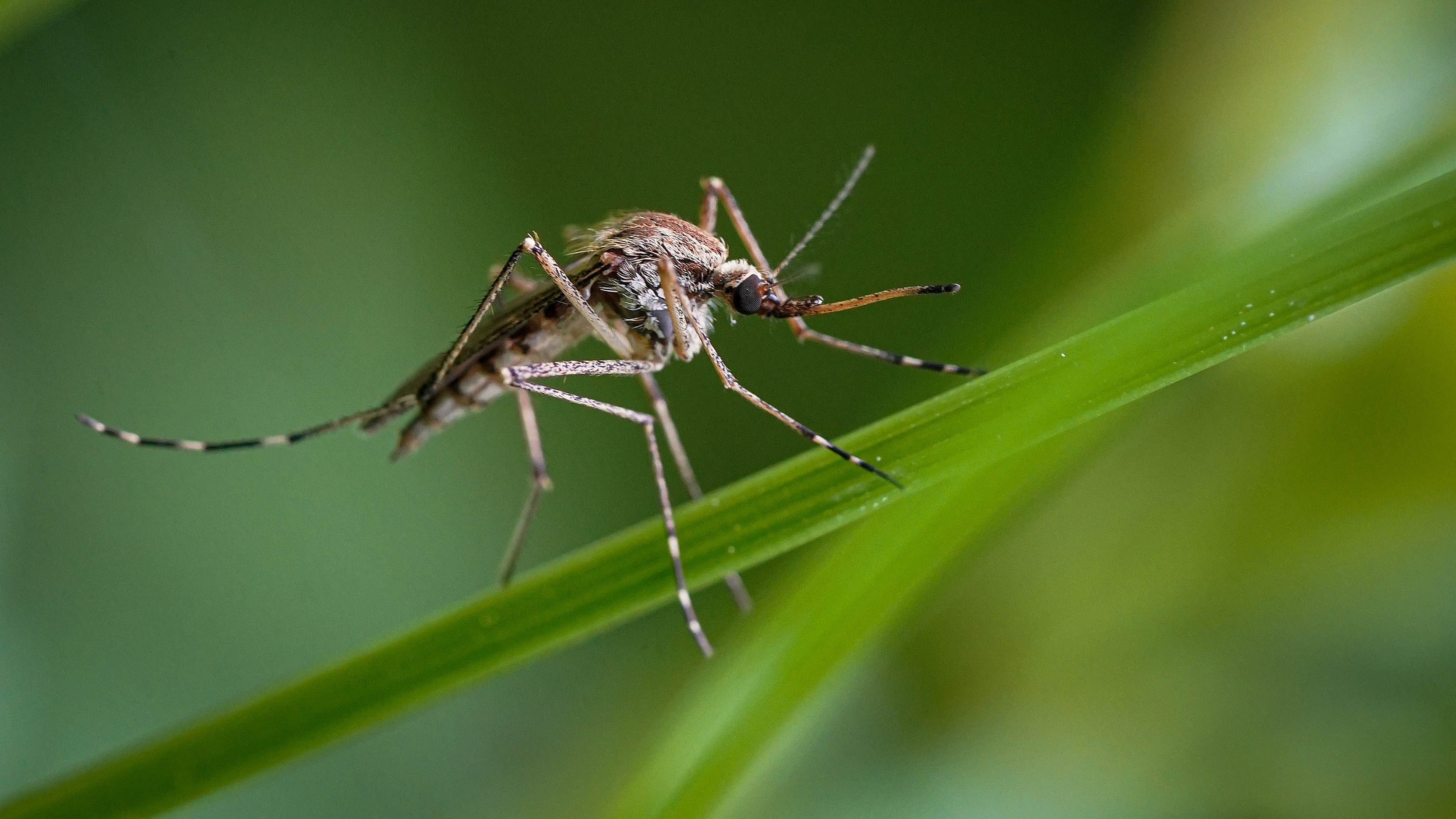
There’s nothing so distracting as hearing a familiar buzzing sound while trying to relax in your yard. Such a noise can only mean one thing — mosquitoes. These pests seem to be everywhere at this time of year, looking for any chance to take a bite. And even if you’ve learned how to get rid of mosquitoes, endless numbers of them can still be drawn to your yard.
If you’ve noticed more mosquitoes than usual, it could be your yard’s attracting them unintentionally. In such circumstances, there are steps you can take to reduce the numbers of these unwelcome visitors.
From tidying up, to reducing breeding grounds, there’s all kinds of methods to detract mosquitoes, or at least make your land less appealing. Here are 7 things that attract mosquitoes to your yard, so you know what’s causing the problem in the first place, and what needs changing.
Check out 7 ways to get rid of spotted lanternflies too.
1. Stagnant water
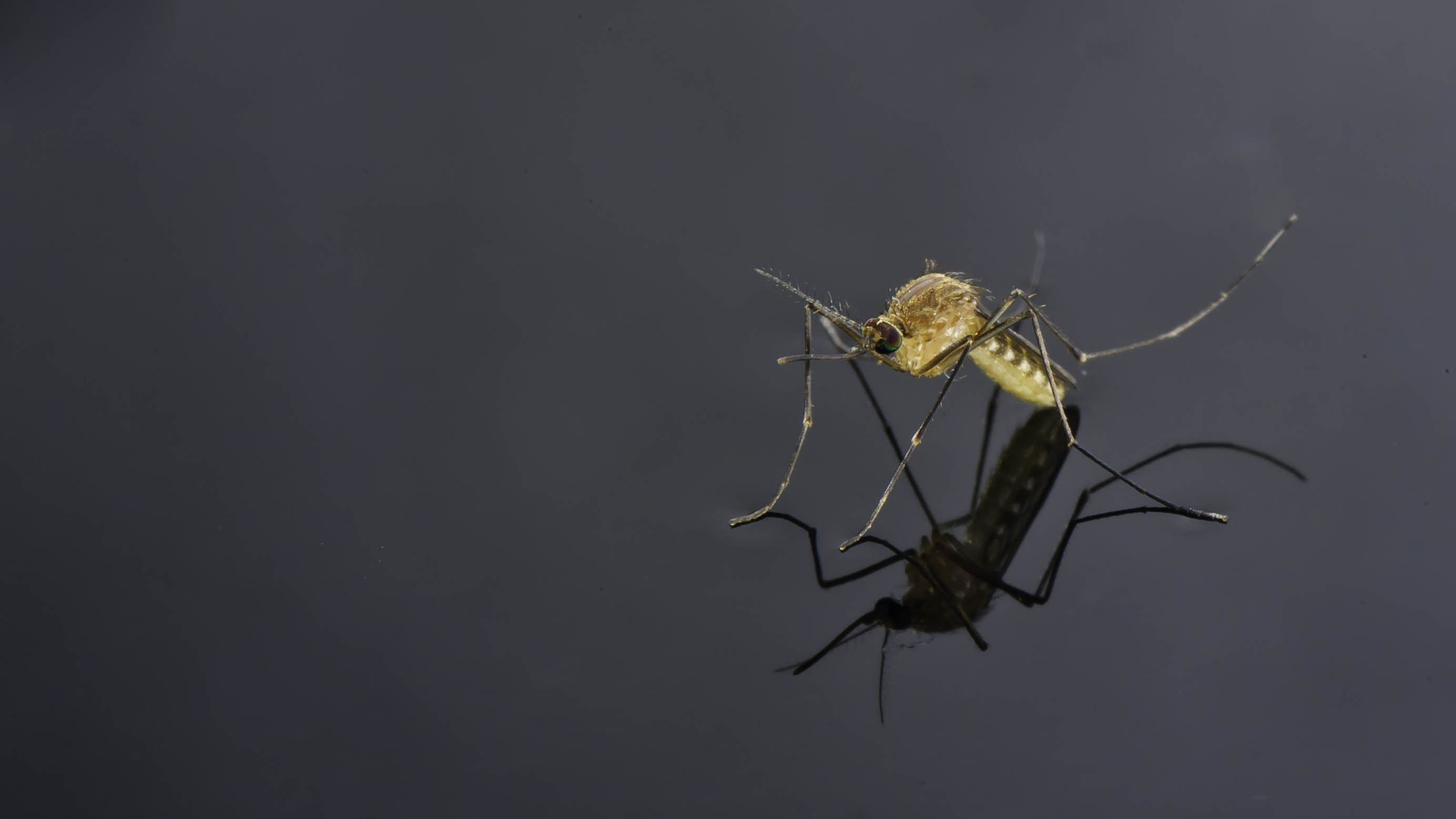
The first and most obvious attraction for mosquitoes is stagnant water. Any permanent standing pool of water can serve as an appropriate space for mosquitoes to lay their eggs. It doesn’t need to be fresh and crystal clear either — old puddles as well as unclean bird baths can act as a breeding ground.
Consider whether there’s any unnecessary pools of water in your yard which may be attracting mosquitoes. If your yard’s overwatered, this can contribute, as can pet bowls which are left sitting in the open. Remove such sources of moisture where you can.
If you’ve got a dedicated pond or a water feature which you’re worried is attracting mosquitoes, make sure you keep these spaces clean — replacing the water regularly in bird baths. Mosquitoes can’t lay eggs in moving water, so it may help to add an agitator to disrupt the stillness as well.
Sign up to get the BEST of Tom's Guide direct to your inbox.
Get instant access to breaking news, the hottest reviews, great deals and helpful tips.
2. Tall grass
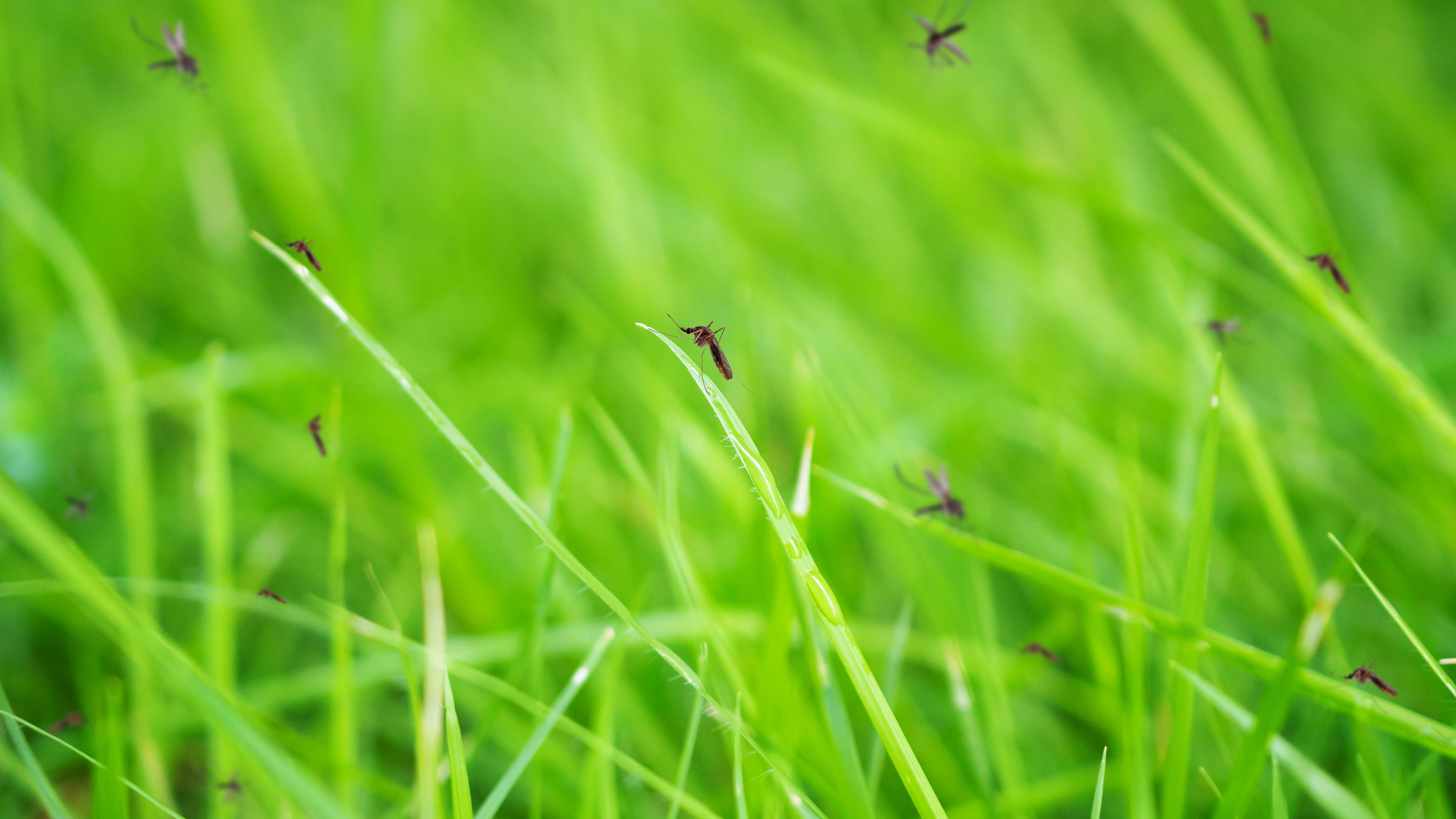
Tall grass is another big attraction for mosquitoes. It acts as a shelter from the high winds and provides shade from the sun — not to mention it helps hide the mosquitoes from predators, such as birds. When you think about it, why wouldn’t mosquitoes favor tall grass?
The remedy for this is simple: make sure you keep on top of your lawn care regime, keeping your grass cut to an appropriate length. Cutting your lawn is actually good for its health; it encourages fresh growth and a lush density. Don’t cut it too short though, otherwise you could do more harm than good. Want to know how often should you mow the lawn? We asked the experts.
3. Certain plants
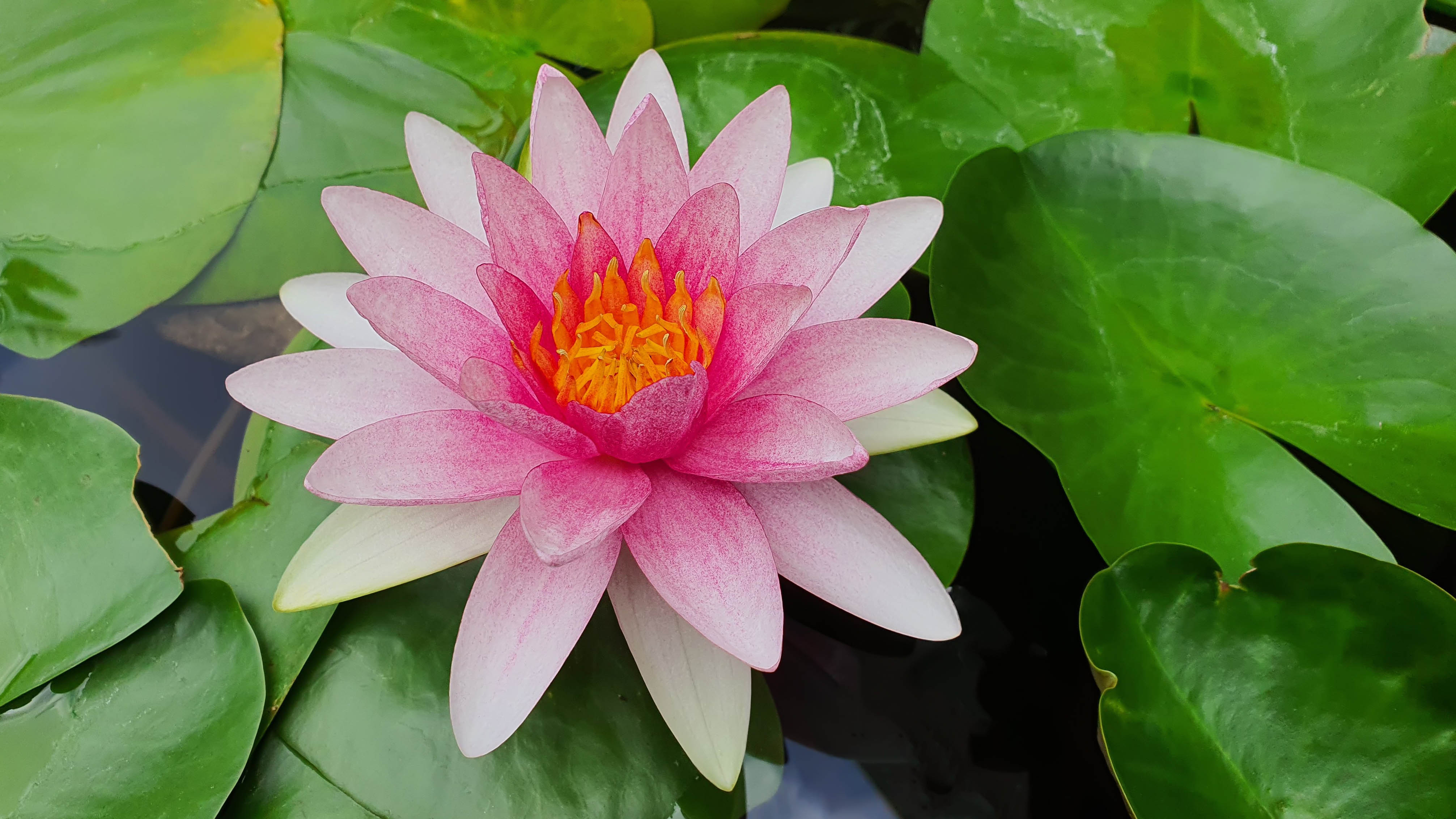
That’s right, some plants will actually attract mosquitoes to your yard. This is because mosquitoes feed on more than just blood — only the females do this and it’s solely for the purpose of producing eggs. Both sexes feast on the sweet nectar of certain plants, including papyrus, taro, water hyacinths and water lilies. It’s not surprising that each of these plants grows in or around water, as it makes the environment all the more suitable for mosquitoes.
If you’ve got any of these plants growing in your yard, and mosquitoes are proving to be a problem, you might want to swap them out. You can even opt for one of the 9 plants that repel mosquitoes and keep them away from your yard. Mosquitoes can’t stand the smell of some of these popular plants, so take advantage.
4. Open trash
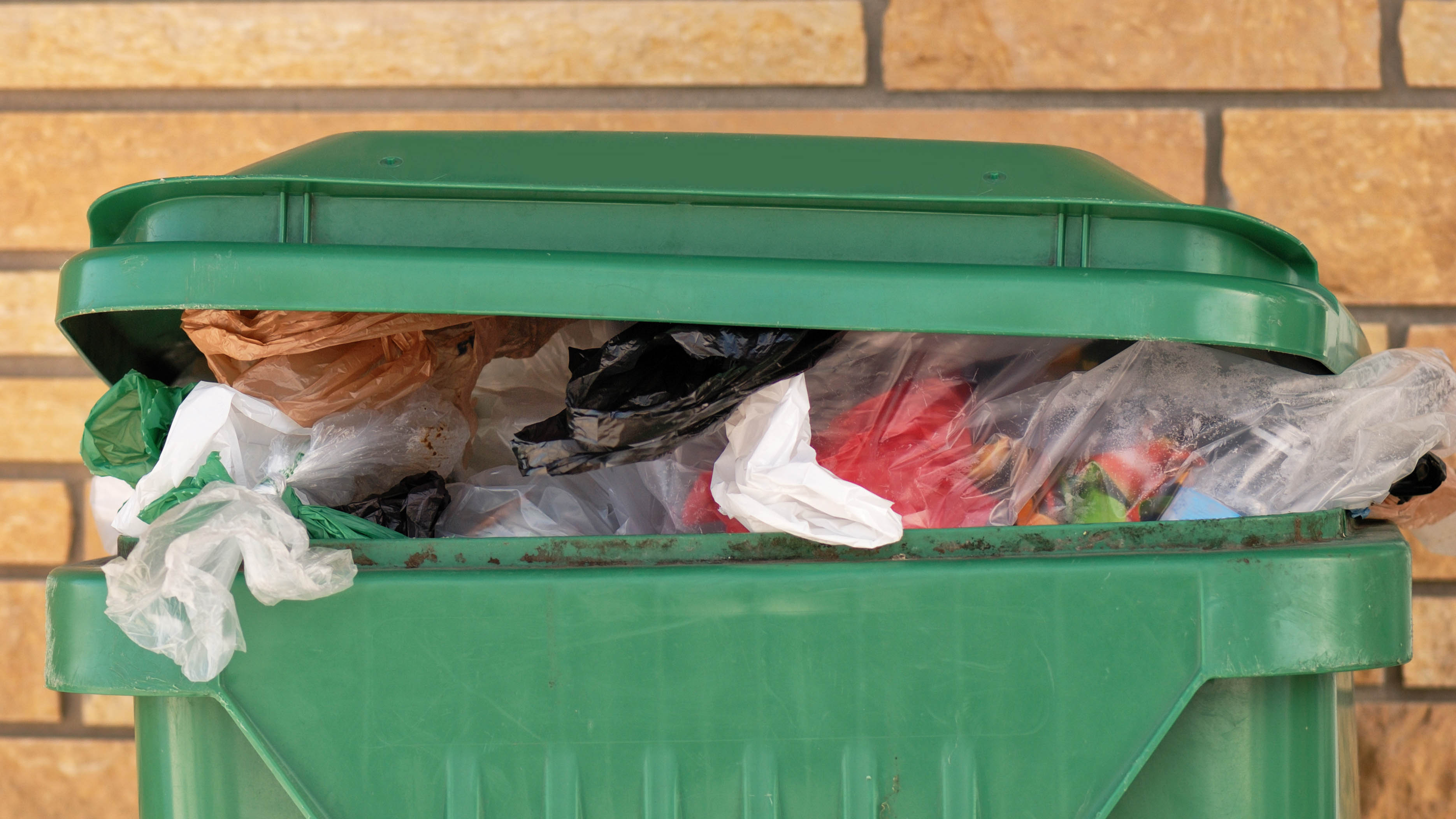
If your trash is overflowing, you’re not helping the situation. In fact, you may very well be attracting a number of pests in addition to mosquitoes, such as raccoons and squirrels. Open and overflowing trash cans provide another source of shelter. Once mosquitoes find their way in, they’ve got a dark and often damp space which is perfect for breeding, so it’s essential that you keep your trash sealed and rotating.
Remember to clean your trash can once in a while, otherwise sticky residue can still attract all kinds of pests. Wash it regularly with warm soapy water and then rinse. Once dry and in use, make sure it remains sealed and secure.
5. Blocked gutter
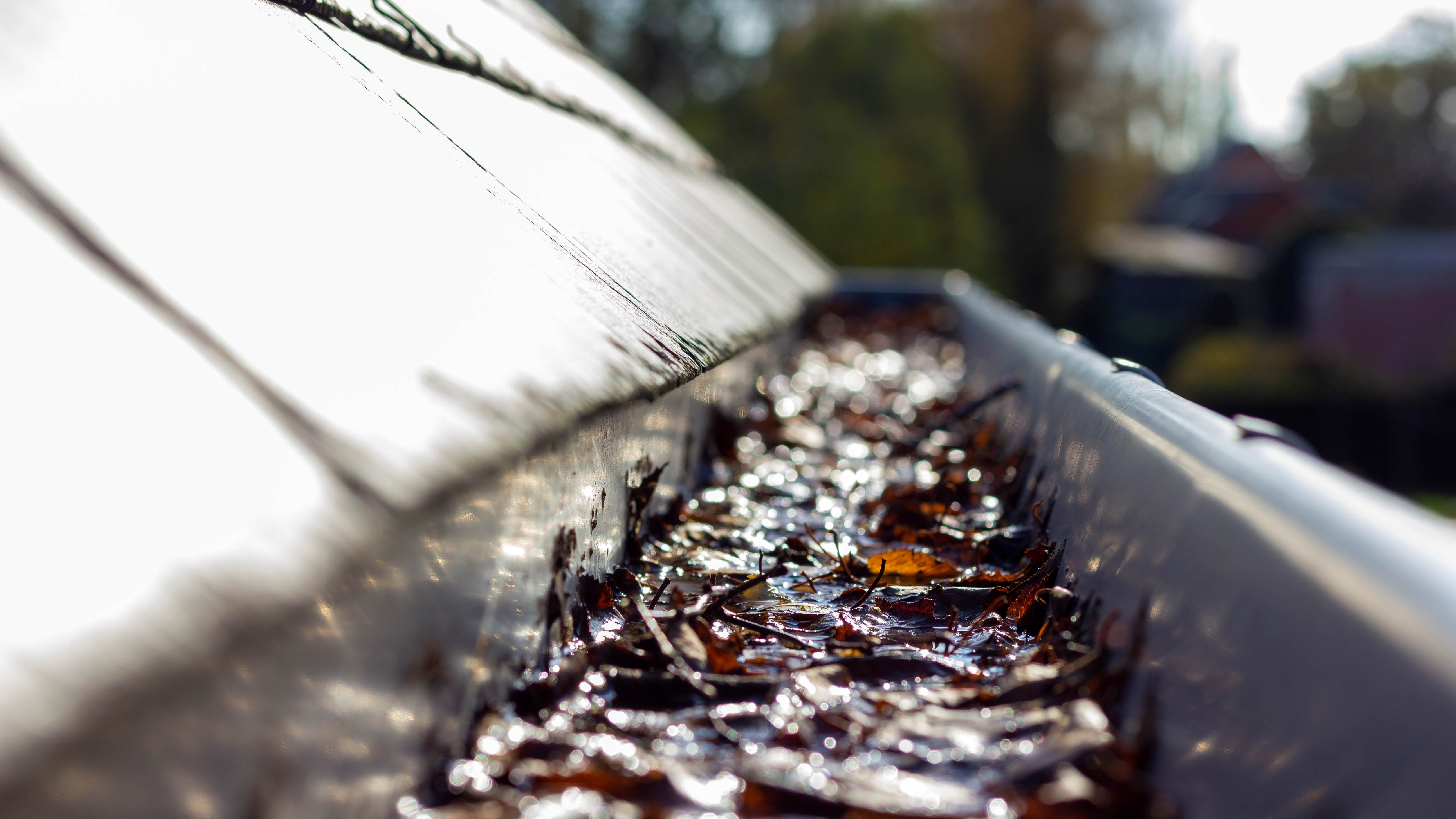
The gutter might be the last place you expect to find mosquitoes, but it’s no surprise when you think it through. Should your gutter become blocked with leaks and gunk over time, water inevitably starts to pool from rainfall. Hey presto, you’ve got a secluded mosquito breeding ground, out of reach and undisturbed.
The answer to this mosquito-attraction is making sure you keep an eye on this space, and taking the time to learn how to clean gutters — with or without a ladder. Routinely inspect after there’s been a storm or high winds as well — these can easily leave your gutters filled with leaves.
6. Messy yard
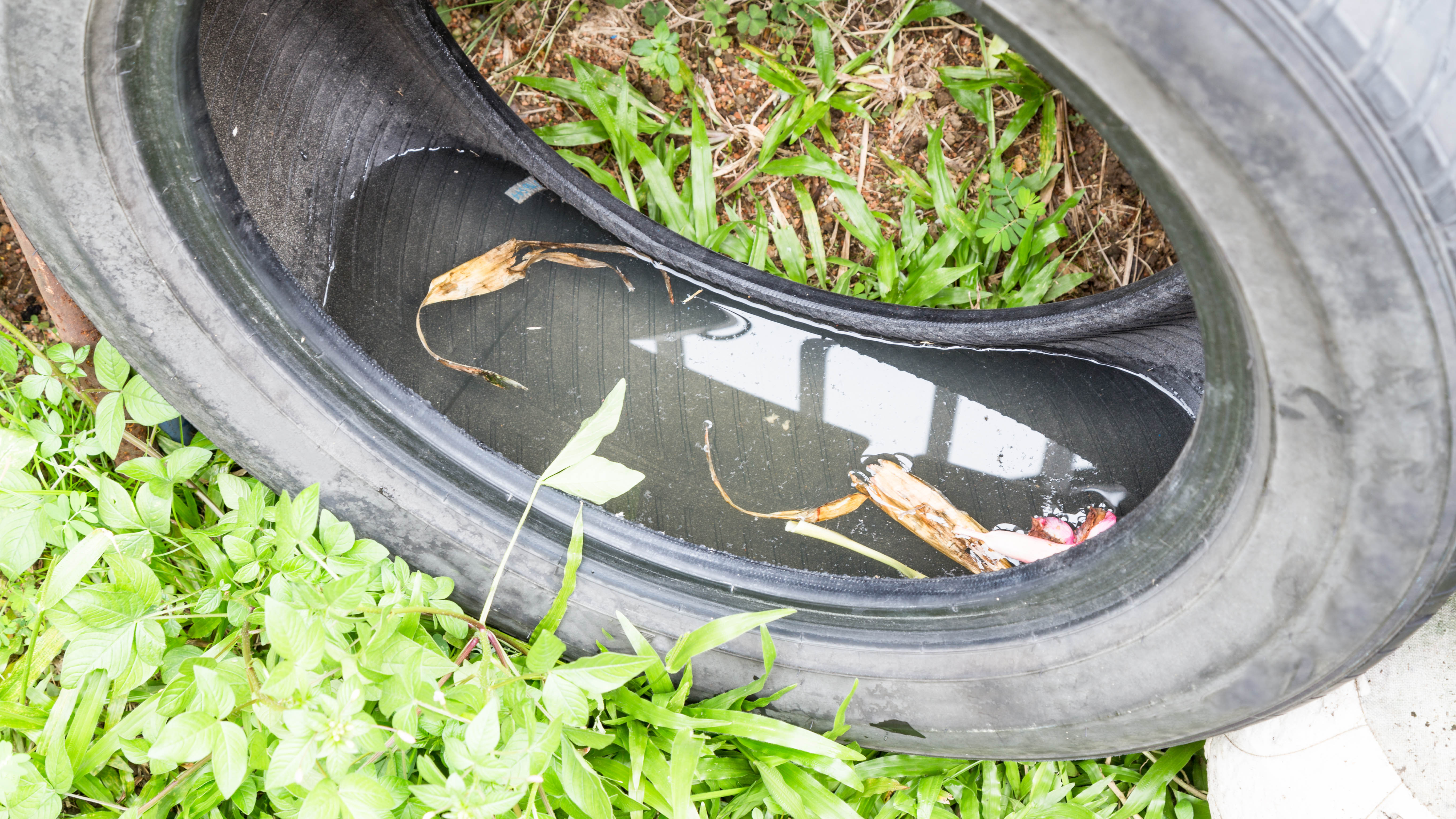
If you’ve got debris scattered around your yard, be it dead wood, old tires or leftover bricks, you’re making things more attractive for passing mosquitoes. This is because you’re providing shelter, much in the same way as tall grass, as well as hidden areas for water to collect and stand.
Take the time to organize your yard. Remove any unnecessary clutter, and store materials you want to keep. An open space is much less appealing to mosquitoes versus a cluttered one.
7. Rain barrels
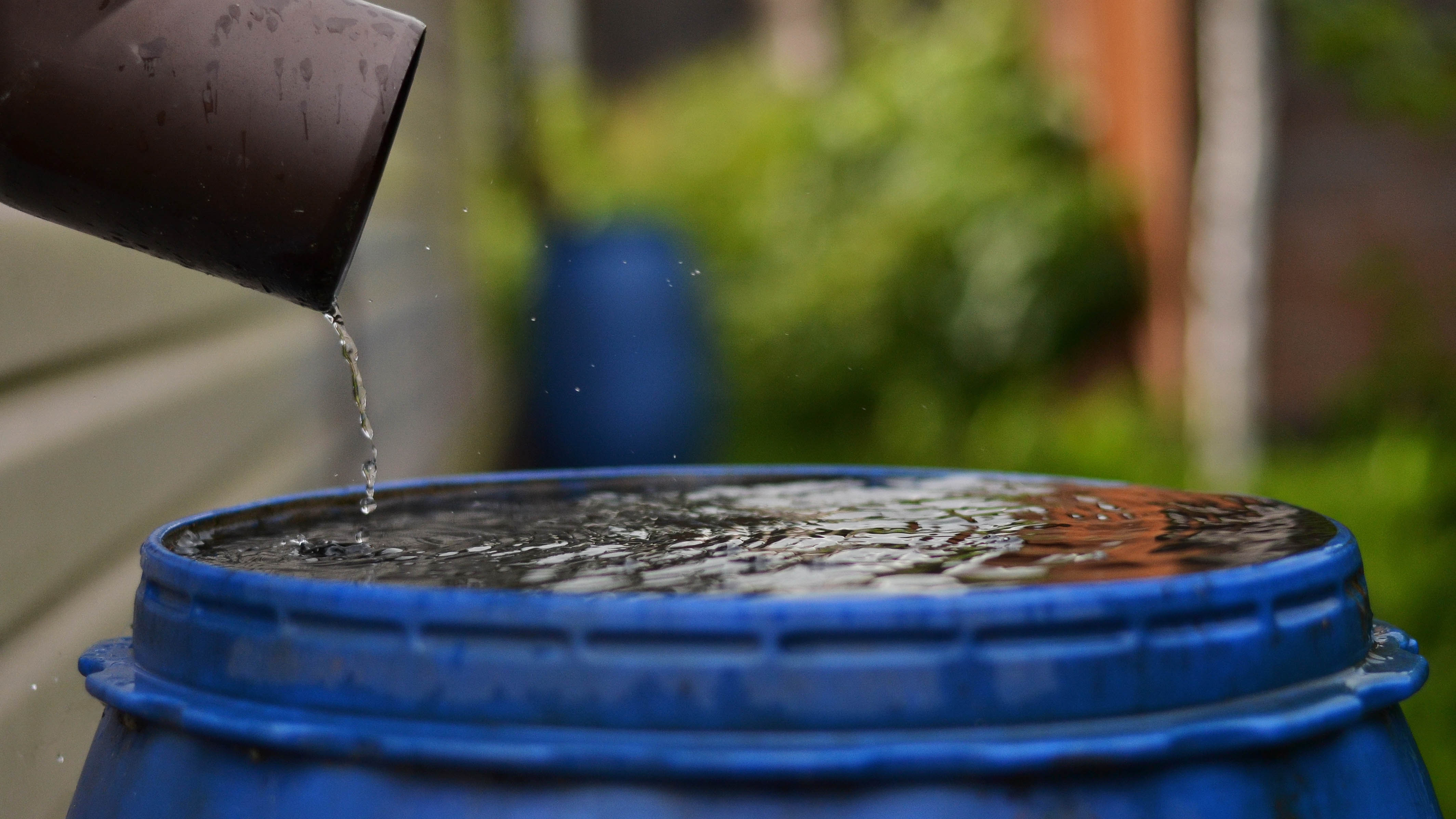
Rain barrels are useful for collecting and reusing rainwater. And, while we want a nice, full barrel to help with watering our plants, unfortunately it’s a favorite of mosquitoes too. This is because it’s yet another source of standing water which can be useful for laying eggs, should mosquitoes find their way in.
Make sure rain barrels are sealed and secured to prevent this problem — including a well-fitted lid. Ensure it doesn’t leak or drip when not in use, and doesn’t harbor any puddles or standing water.
Remember to keep checking your yard for new sources of water or debris which may attract mosquitoes. Keep on top of its maintenance as well for the best chance of keeping these pests at bay.
More from Tom's Guide

Katie Mortram used to be a Homes Editor for Tom's Guide, where she oversaw everything from kitchen appliances to gardening tools, as well as smart home tech. Specializing in providing expert advice for cleaning and home manintenance, she now works as Household Advice Editor for Good Housekeeping.
